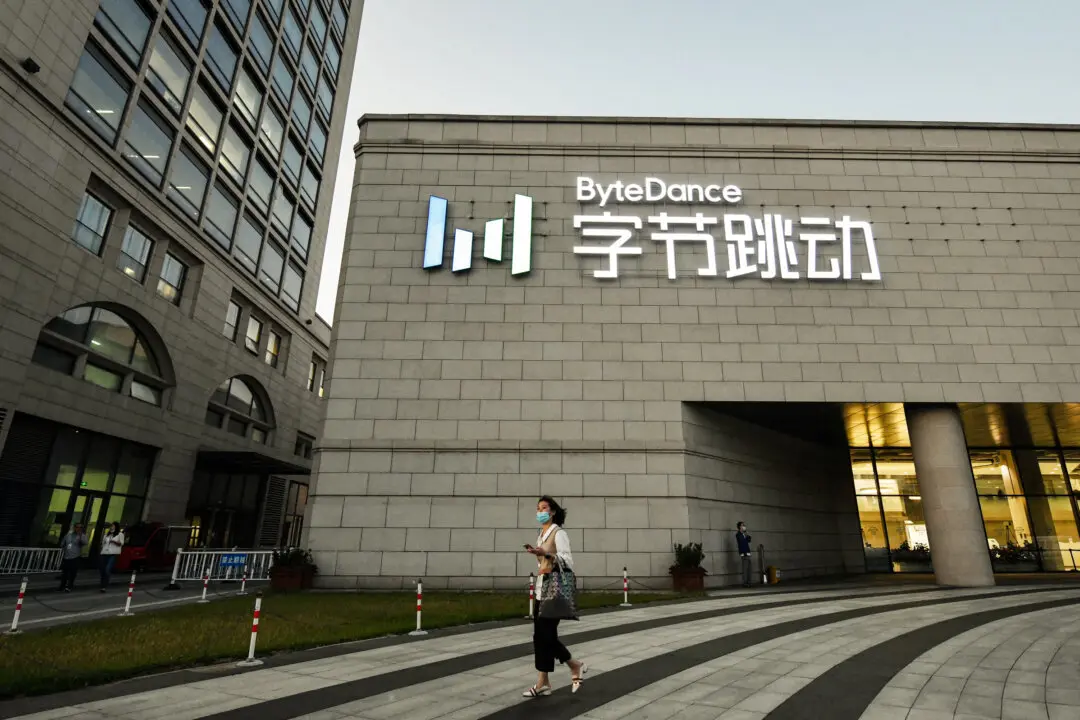The harsh measures of the Chinese communist regime’s zero COVID policy continue to cause suffering for the country’s citizens. Recently, a mother and her daughter in Xuchang City, Henan Province, had to spend the night outdoors in the snow as the checkpoint staff wouldn’t allow them to return home, despite their negative test results.
On Chinese social media last Sunday, a woman surnamed Dong uploaded a video showing her and her high school daughter’s plight on a cold winter night, which caused an uproar on the internet.




